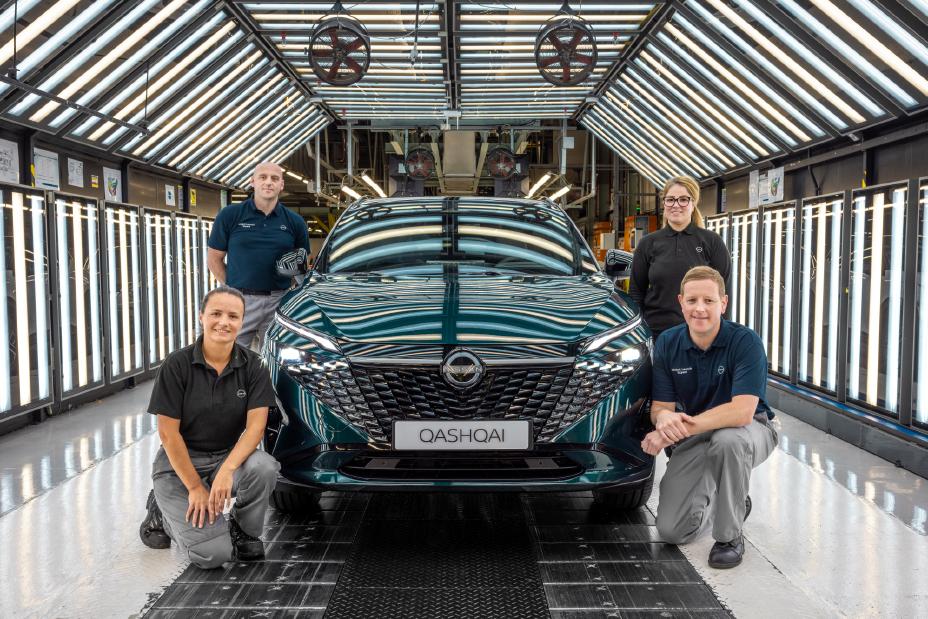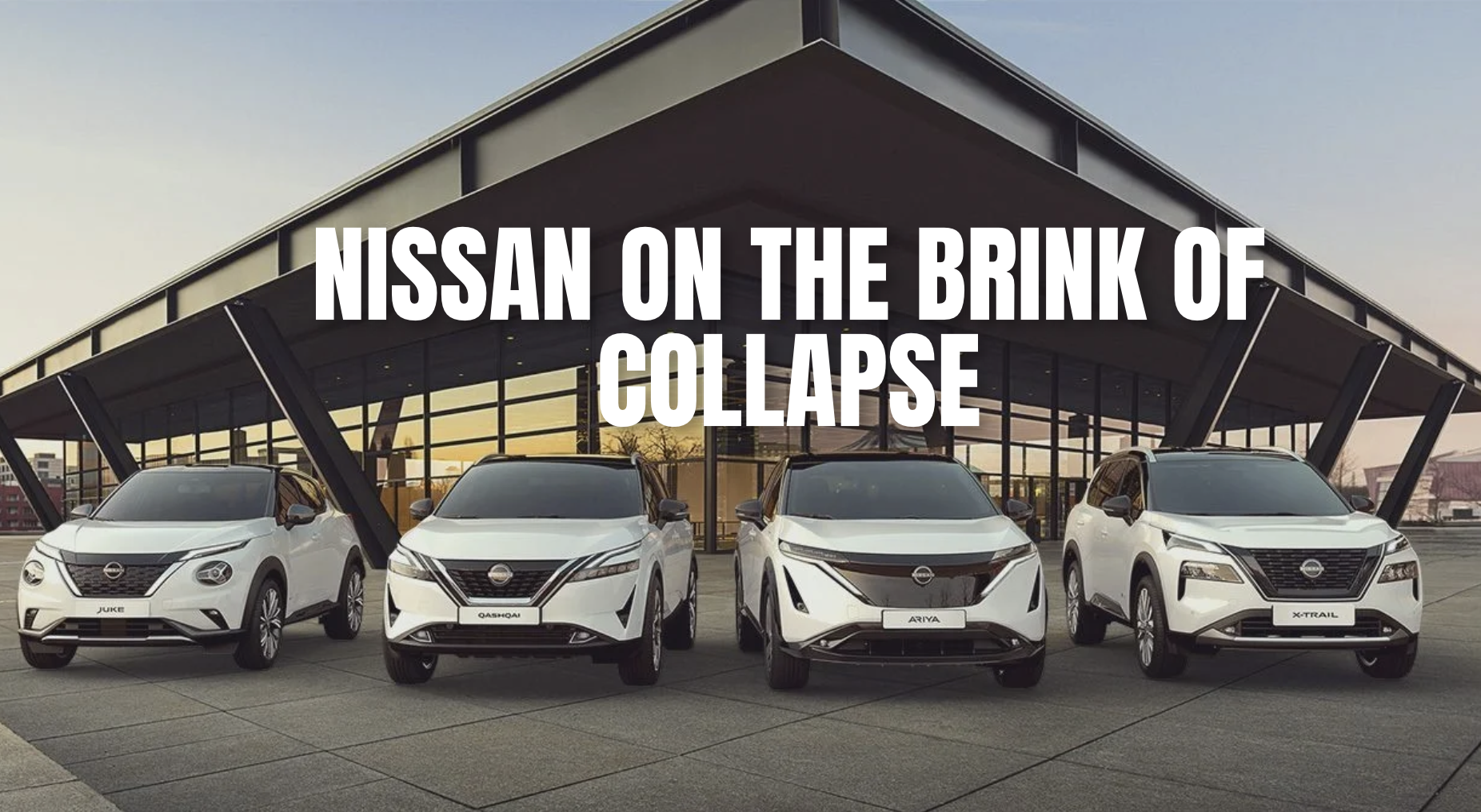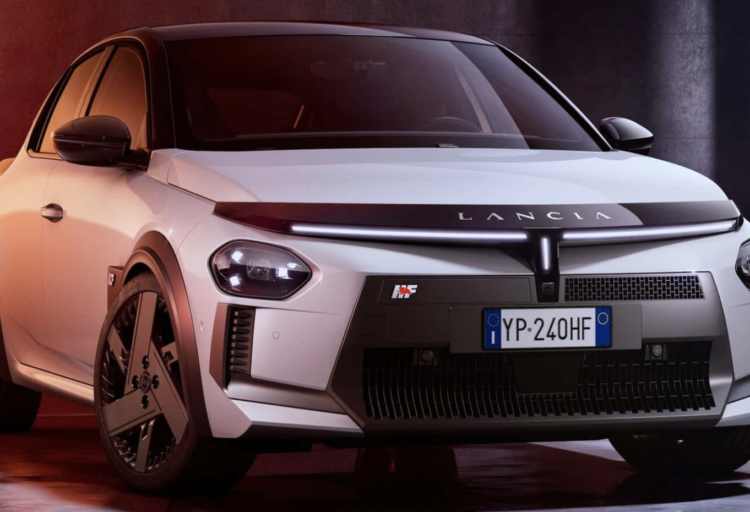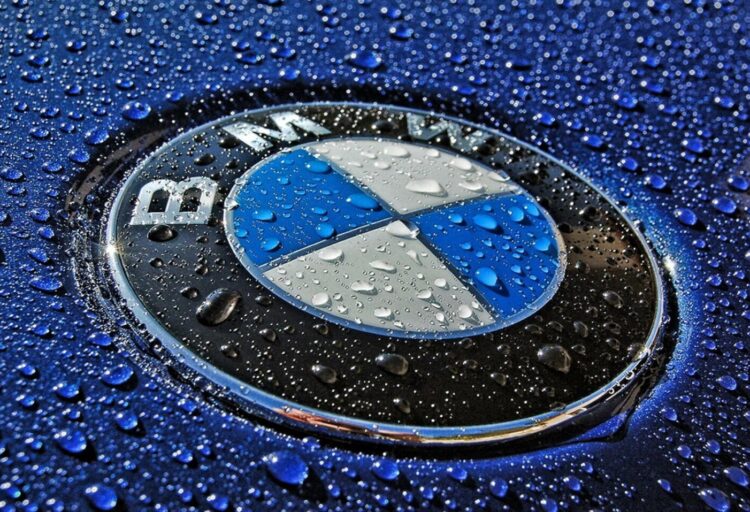Japanese automaker Nissan is facing one of the toughest crises in its history. With internal warnings stating it has just 12 to 14 months to secure its survival, the company has entered what it calls “emergency mode.” How did it come to this, and does Nissan still have a chance to recover?
Overestimating EVs and srategic missteps
The automotive industry is one of the most competitive fields in the world. Continuous investments in R&D, marketing, and customer engagement are crucial to maintaining a brand’s position in the market. In recent years, Nissan has made several strategic mistakes that have brought it to the edge of disaster.
The company poured enormous resources into developing electric vehicles, which have yet to achieve mass-market appeal. At the same time, it ended the development of combustion engines and removed diesel versions from its lineup. This alienated a significant segment of customers who still prefer conventional powertrains.
Today, Nissan’s European lineup includes only:
- The electric Leaf, introduced in 2017 (EV)
- The second-generation Juke from 2019 (gasoline + hybrid)
- The Qashqai from 2021 (hybrid)
- The X-Trail launched in 2021 (hybrid)
- The new Ariya electric SUV (EV)
- A few rebadged commercial vehicles and MPVs

Emergency mode and drastic measures
In response to its dire situation, Nissan has announced severe cuts. It plans to lay off 9,000 employees, reduce global production by 20%, sell part of its stake in Mitsubishi, and delay the launch of new models. However, these measures are not enough. According to a senior executive, the company needs a strategic investor or it won’t survive beyond a year.
French automaker Renault, which once held nearly a 46% stake in Nissan, is gradually selling its shares, distancing itself from its Japanese partner. In this context, there is speculation about a possible takeover by Honda, with whom Nissan recently agreed to collaborate on electric vehicle development. Former Nissan CEO Carlos Ghosn previously predicted that the Honda partnership could be a disguised acquisition. According to Ghosn, Honda might take over not only Nissan but also Mitsubishi, gaining control of both brands.

Did the bet on EVs pay off?
Looking back, it’s clear that the gamble on electric mobility has yet to yield the desired results for Nissan. Unlike Tesla, which established itself as a loyal customer favorite, Nissan failed to execute its strategy quickly or effectively enough. Ironically, Nissan was one of the first pioneers in EVs, with the Leaf setting industry standards and becoming one of the best-selling electric cars of its time. Yet, the company has been unable to convert this early lead into lasting success.
Source: cars-stories.cz





Leave a Reply